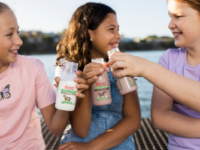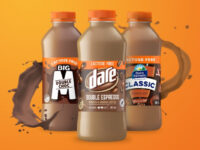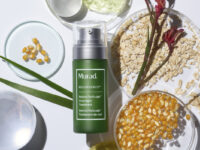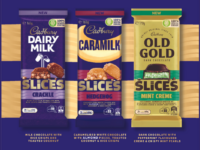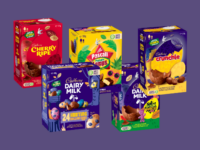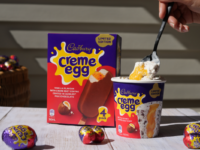 The biggest risk is not taking any risk … In a world that is changing really quickly, the only strategy that is guaranteed to fail is not taking risks. – Mark Zuckerberg
The biggest risk is not taking any risk … In a world that is changing really quickly, the only strategy that is guaranteed to fail is not taking risks. – Mark Zuckerberg
In August 2015 we engaged with the Kit Kat brand and reviewed The Kit Kat Studio in Sydney, another example of brands ‘going retail’.
At the time Kit Kat were building a unique pop-up concept focused on creating ‘brand buzz’ and utilising the scarcity factor, allowing consumers for a limited time to build their own Kit Kat chocolate bars, and share the experience via the store’s social media station and wall.
A concept constructed around scarcity, buzz, fun, personalisation and positive word of mouth, emphasised by a social sharing strategy built into the retail model set the brand on the road to success.
We have since learned that the first Kit Kat studio sold over 5000 custom-made Kit Kats in seven days. Some shoppers paid as much as $88 for an eight-finger Kit Kate encrusted with gold leaf.
Pop ups are a unique and ‘fit’ way to reach out to consumers and give them a very different view of your brand. Many, such as the Kit Kat pop up store, play on the concept of co-creation, turning consumers into prosumers. Incorporating them into the product process adds value to the product and provides consumers with a sense of ownership.
However co-creation and personalisation does come with an element of risk that cannot be ignored. Putting your brand and product into the hands of the consumer, you have limited control over the end-image/result, the portrayal and perception of the brand; which in today’s digitally connected world could be shared globally within minutes.
However in the case of Kit Kat, consumers were seen to respect and value that element of risk. Martin Brown, Nestle Oceania’s head of confectionery, recently said to the Australian Financial Review, “when we saw the number of Instagram shares we realised this opportunity for co-creation of a known brand was an invitation they [the consumer] put huge value on.”
He spoke of how the retail stores have enabled the food giant to build a more intimate relationship with consumers by empowering them and tapping into changing consumption trends.
Consequently, last week Nestle opened the world’s first permanent Kit Kat store at Melbourne Central and plans for a permanent Sydney store are under development. Expanding on this, the company will also open its first pop-up store/lolly bar for the 125 year-old Allens brand, the third largest confectionery brand in Australia after Cadbury and Wrigleys, according to Euromontor.
Moving to a direct-to-consumer model, working in personalised and customised products in small batches is a huge change for a FMCG brand of 150 years old, however as brands face increasing competition for shelf space in supermarkets, and consumers become more accustomed to buying online, this journey is a great example of the importance for all retailers, to remain agile in an ever-evolving sector, no matter what your industry, size and/or history.
While this model isn’t going to be turning the whole business on its head per se, it’s certainly part of a journey of constantly bringing new ideas to mainstream retail, keeping customers excited, involved and creating a valuable customer journey for all involved.
We see time and time again, there is huge value in personalisation and co-creation, and the elements of risk that come with it, can be limited when keeping a close and genuine relationship with the customer. A strong understanding of your customer’s emotional drivers from an consumer insights diagnosis with constant tracking allows you to remain agile, evolve your strategy as your customer’s behaviour evolves, and will result in your customer feeling valued and listened to.
The result for your business is a sustainable and ultimately profitable trust-based relationship with endless opportunities for development in the future.
Brian Walker is founder and CEO of Retail Doctor Group and can be contacted on (02) 9460 2882 or brian@retaildoctor.com.au. Vikki Weston, co-author of this column, is part of Retail Doctor Group’s Retail Insights team and can be contacted via email at vikki@retaildoctor.com.au.


